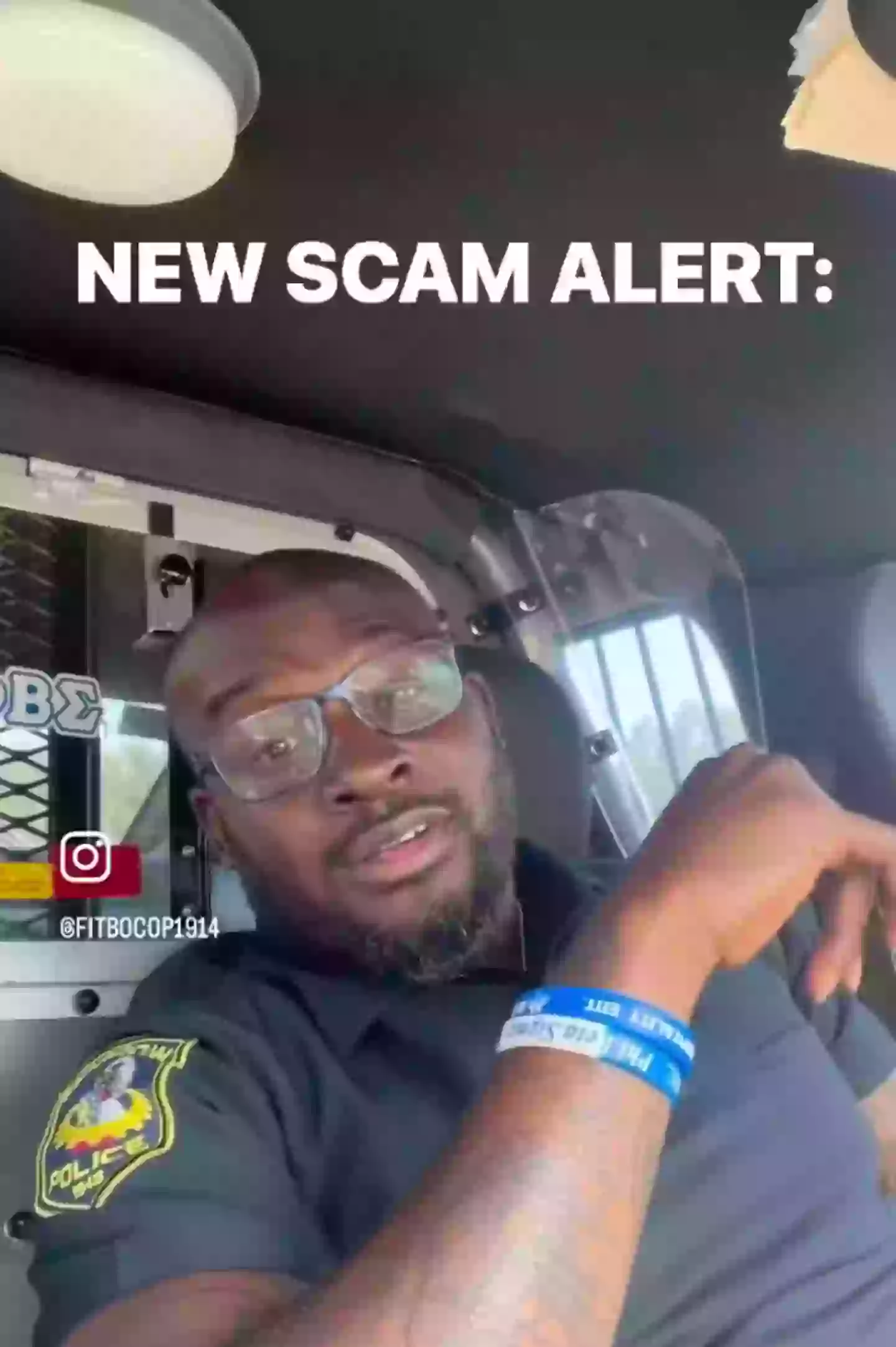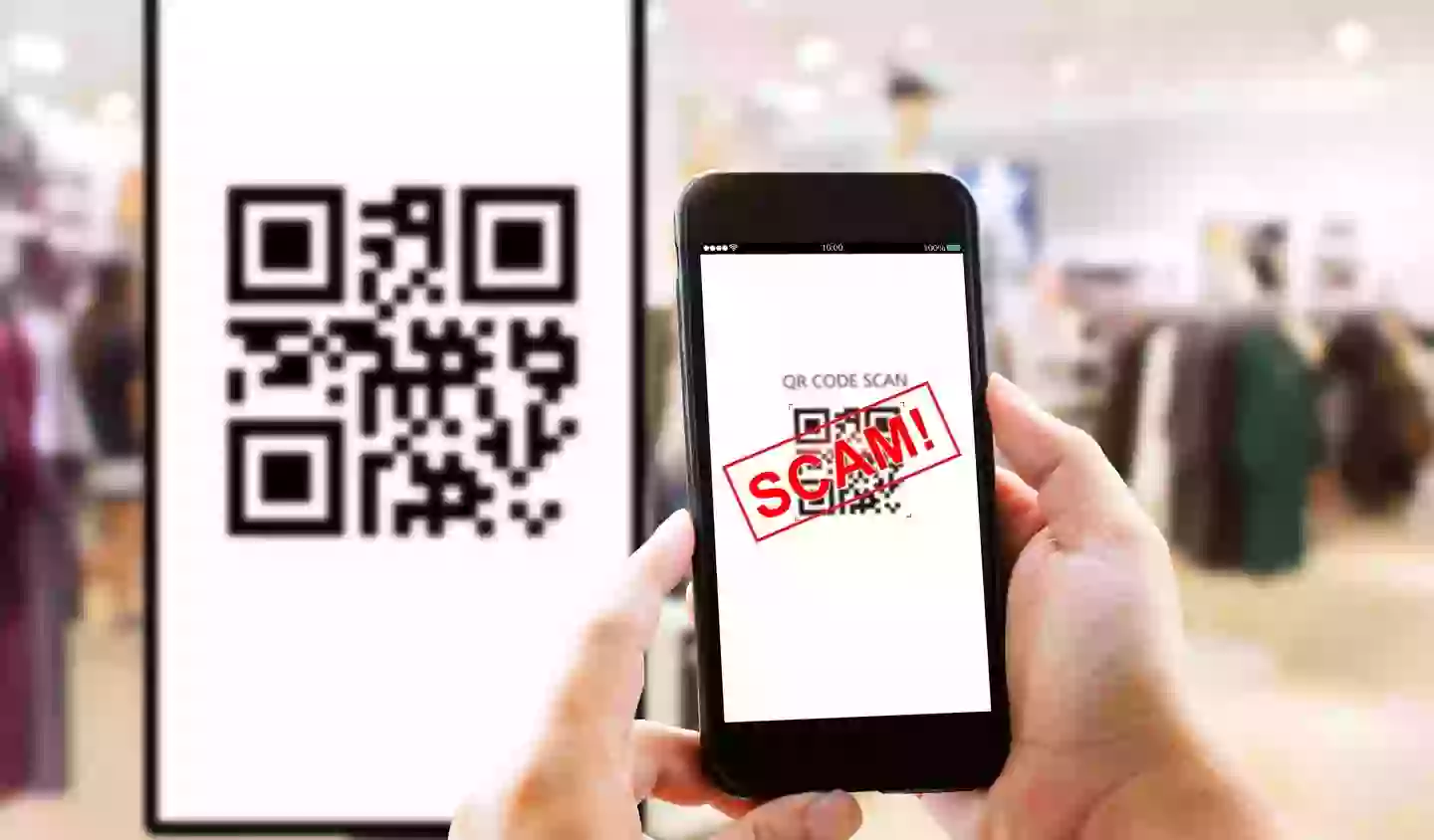A police officer has issued a warning about a new and dangerous scam that can compromise your device and personal information in just seconds.
Many Millennials and Gen-Zers might feel confident about their online safety, having grown up with rapidly changing technology that older generations often struggle to understand.
But, if you think you’re immune, this police officer is here to remind you that technology is evolving at a rapid pace, and even the most tech-savvy individuals are becoming victims of a new scam.

Bo Braxton Da Savage, known on social media as @fitbocop1914, took to Instagram to expose this devious scam and raise public awareness.
Bo mentioned that he only recently learned about this “pretty smart scam” in August and admitted that he could have fallen for it if he had not been informed beforehand.
The scam begins when the victim receives unsolicited gifts in the mail.
Initially, this might seem harmless. After all, who doesn’t enjoy receiving free gifts?
However, this is just the bait. The package might appear to come from a familiar company, complete with your full name and address, making it seem legitimate.
Bo explains: “So what’s going to happen is, you get the package, you’re going to look at it and think, ‘Aw okay someone sent you a gift’. There’s going to be a QR code on the package or in the package.
“[…] And you’re going to scan the QR code and once you scan the QR code every bit of information in your phone is going to get sent to the scammer – it’s going to send your credit card information, your bank information, your pictures, your phone numbers, your contacts. Everything that’s in your phone, after you scan that QR code, is going to get sent to the scammer.”
If you receive such a package, the officer advises you to either keep the gift or dispose of it, but importantly, ‘do not scan the QR code to find out who the secret sender is’.

This officer is not alone in cautioning against the risks of QR codes. A cybersecurity expert has also highlighted that scanning random QR codes can quickly lead to security breaches.
Adrianus Warmenhoven from NordVPN explained that if you scan a malicious QR code with an ‘unpatched browser’ or one with vulnerabilities, and it directs you to your phone’s browser, an attacker can ‘take over and infect the system’ on your device.
The alarming part is that you likely won’t even notice that your phone has been compromised.
To protect yourself, Warmenhoven advised treating QR codes with the same suspicion as any other potentially harmful link.

